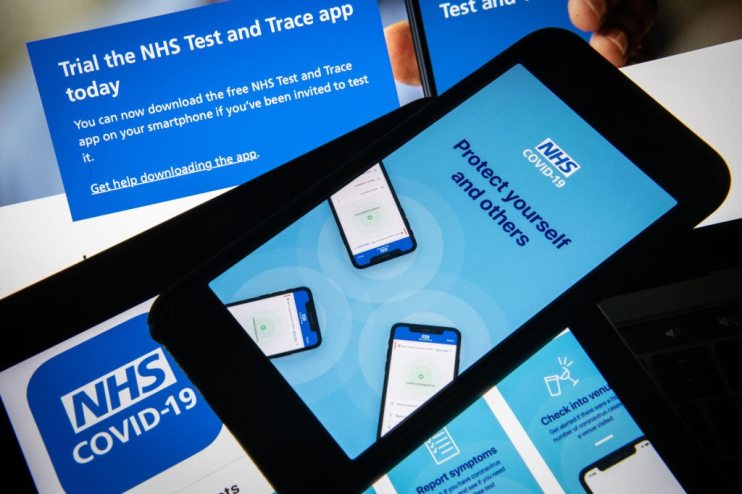Technology could save our ailing healthcare systems – if only we can trust it

The number of digital tools that promise to deliver better outcomes in healthcare are proliferating at a breathtaking pace. While healthtech promises to solve a lot of our woes, the speed of evolution is vastly outpacing the rules to ensure promises on efficacy – and safety – are kept.
Online symptom checkers are widely used. These tools are used to help diagnose and triage patients more efficiently. Given many have been unable to attend in-person appointments with GPs, the adoption and reliance on symptom checkers has grown dramatically following the onset of the pandemic. When used properly, they can make a real impact on the patient experience and clinical capacity. They can also do the complete opposite if they return an inaccurate diagnosis, or recommend an unnecessary trip to the GP – or worse, A&E.
Online symptom checkers can be haphazard. Recent research has shown they gave the correct diagnosis on a first attempt in less than two in five cases – and they performed even worse when urgent treatment was required. Contrary to their purpose, these tools can increase, rather than reduce, our reliance on doctors – suggesting the use of primary care resources in 8 out of 10 of conditions that could be self-managed.
There are high performing outliers, such as Doctorlink, one of the leading suppliers of the NHS’ digital consultations. The existence of these tools show how useful they can be when they are accurate. They can streamline healthcare systems, avoid unnecessary trips to the doctor and free up space for those who need it. With so much variance in accuracy across available tools, trust in even the most reliable tech can be undermined.
One of the most notorious examples of shoddy healthtech which skirted validation is the ongoing hearings concerning Elizabeth Holmes, founder of healthtech startup Theranos. Amid claims that it would revolutionise the diagnosis of disease, the company was, at one point, valued at £6.5 billion based on Holme’s promise to develop technology to detect cancer and diabetes with just a few drops of blood. And while this is an extreme example, it nevertheless serves as a powerful reminder that the promise of innovative digital tools in healthcare must be rigorously tested and evaluated.
These tools have a real impact on people’s lives. For them to offer meaningful benefits – to patients and clinicians alike – users need to be able to trust them. Highly effective, accurate symptom checkers do exist, as evidenced by the findings of the report, but as it stands, a significant number also clearly perform significantly below standards than would normally be accepted in any other medical field.
Healthcare is a high stakes game. As tools evolve and grow in popularity, we must continually test them. The emergency evaluation process we relied on for vaccines during the pandemic should be used as a source of inspiration. Rather than waiting years for the tech to reach its end point and looking at it in one dump of data, our regulators should be nimble enough to perform “rolling” validation of tech.
Otherwise, like in other areas, the rigour of rules and guidelines will be undermined by their sheer age.